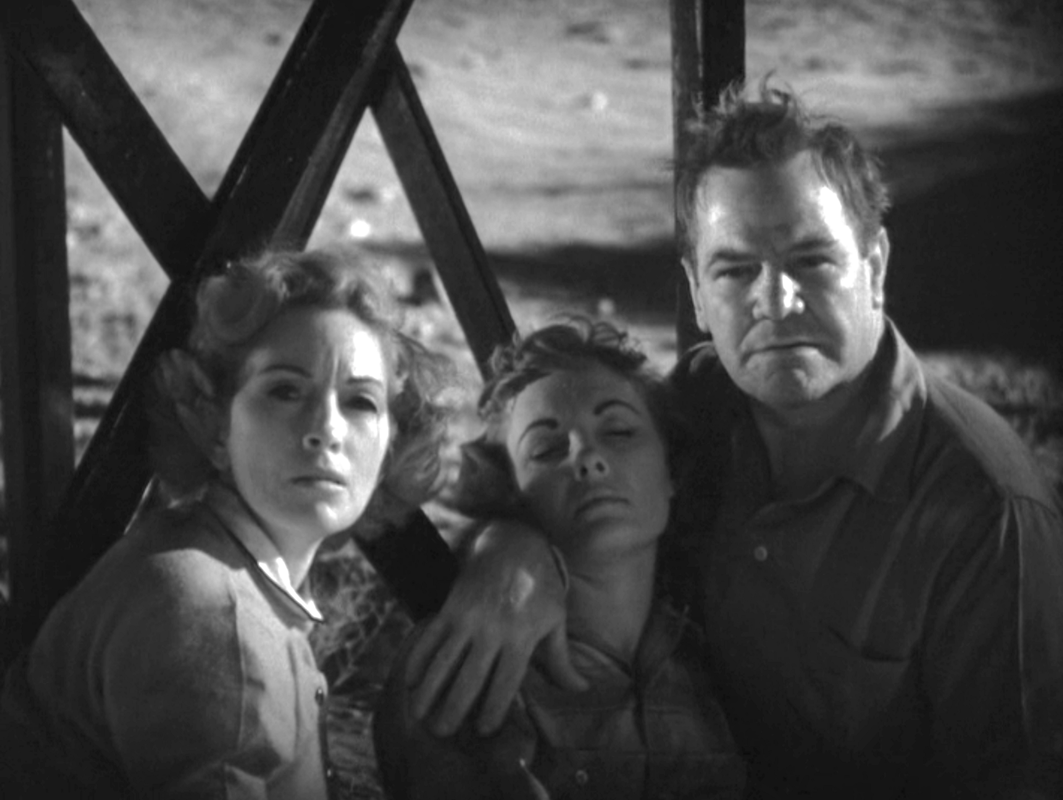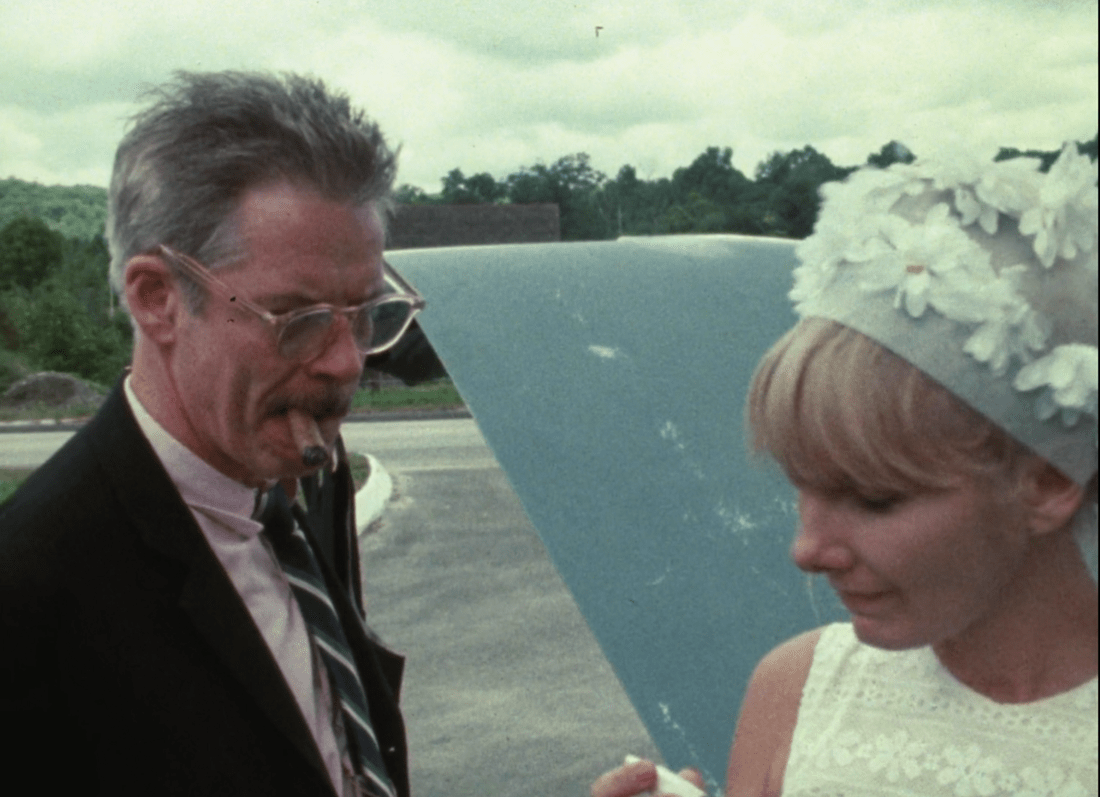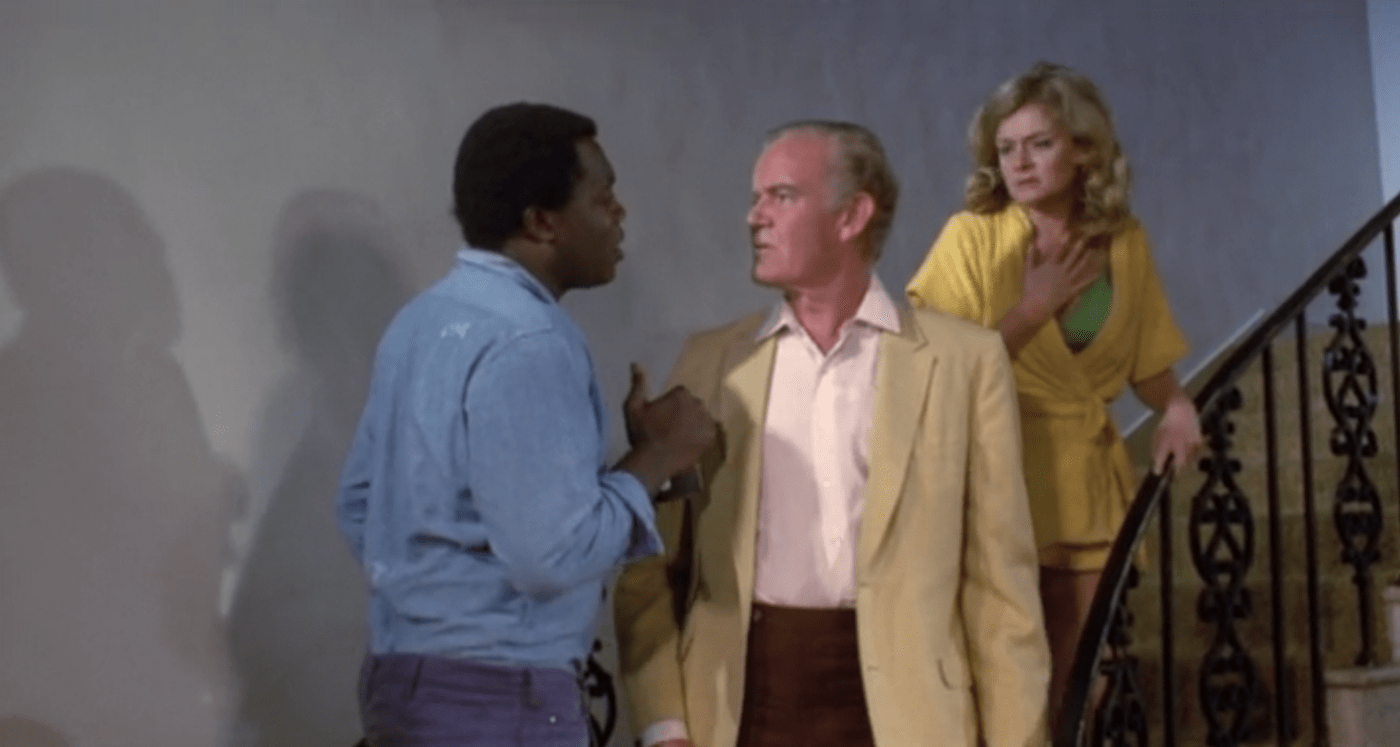
Abbas Kiarostami’s documentary film First Graders is irresistible. It’s simple and straightforward, but it grabs hold of you and doesn’t let go. Kiarostami is a master of simplicity. He knows that stories can arise from tiny, seemingly insignificant moments. In the film, a child loses his orange plastic cup and it is enough to completely engross the viewer. It isn’t a dire situation, but the child is scared that his mother will yell at him and you can see he is ashamed. His desperation draws you in and before you know it, you are engrossed in the saga of the orange plastic cup.
The film is little more than a series of minor problems being presented by children to the principal of the school. Kiarostami doesn’t bother with narration or inter-titles. We don’t know anything about the school or the teachers, he simply focuses on the children and the principal as they all try to get through the day.
About half the film is spent in the principal’s office. The camera is placed behind the principal’s chair, so we share his point of view as each child delivers his testimony. They mumble, bow their heads, sniffle, and shuffle their feet as they try to summon the courage to speak. It feels a little like Kurosawa’s Rashomon where the petitioner or witness testifies directly to the audience, leaving the audience to decide what to do. How to address these children and help them navigate the schoolyard falls on us, but then the principal steps in and we have to evaluate his response.
The principal is certainly gentle. He gives them his full attention, but he also requires that the children speak up and look him in the face. After witnessing several encounters, it seems that each meeting is more about fostering the courage to stand up and speak the truth than the specifics of whatever happened.

This, in and of itself, can be a useful lesson. By standing in front of the principal and pronouncing your mistake or misbehavior, you have to own it. Admitting loud and clear that you hit someone is a punishment in itself. In the heat of a fight, misdeeds can be rationalized, but in the principal's office, having to clearly admit your transgression can foster self-awareness.
There is a seriousness and gravity to every story, but there is humor too. The first altercation is between two boys in the back of a line. The principal asks, “What are you doing back there?”, and one of the boys answers, “Spitting on each other”, in a perfectly matter-of-fact tone.
Each boy that presents himself in the film (they are all boys, it’s a boys' school) opens our hearts, and we must watch as he faces the consequences of his actions. The school has a set of rules for conflict. If someone insults or hits you, you must tell him that he has done wrong. Then, you ask for an apology. If he apologizes then, you must forgive him. If he does not apologize, you should report his behavior to the principal.
The principal doesn’t punish the children, but he makes them face what they have done and promise not to do it again. If they repeat the behavior, the principal gets more stern and may even threaten to expel the student, but during the film, we never see him actually do so.
It could be argued that the principal oversimplifies each altercation and does not consider all that went into what caused it. He is more concerned with what a given child does and less concerned with why they did it, or how they felt. In his favor, he does often ask why a child did what they did, but they never have an answer. First graders are not particularly in touch with their inner motivations or emotional states. The principal gets them to face the situation and then tries to foster a sense of appropriate and measured justice.
In the end, it doesn’t matter if you approve or disapprove of how the children are handled by the school. The heart of the film is about confession, truth, punishment, and redemption. The film was made in 1984, only 5 years after the revolution in Iran. Both during and after the revolution, thousands of people were subjected to torture, forced confession, and imprisonment. The painful and frightening encounters with authority that these children undergo are clearly a means to examine power and coercion, and how they affect our sense of self.
First Graders was one in a series of films Kiarostami made when he worked at the institute he helped to found called The Institute for Intellectual Development of Children and Young Adults, also known as Kanun. The films he produced there may have been for the benefit of children, but they were much more. All of the films Kiarostami produced at the institute were double-entendre vehicles for examining hegemony and morality. They provided ethical challenges that the audience, be they children or adults, had to resolve for themselves. They focused on how the law affects individual lives.

In Iran, Kiarostami could not speak directly about power, but by couching everything in the world of children, he managed to get past the censors. Children are allowed to question authority or protest against their parents' punishments. Children are allowed to consider the different possible courses of action they can take. Children’s problems are seen as insignificant, but Kiarostami not only saw the child’s perspective, but saw that these first encounters with power are of critical importance. Power, patriarchal power in particular, begins at home. Fathers and father figures are set up to be absolute authorities. Learning to follow the patriarch and to substitute his judgment for your own grooms you for further obedience in the future.
These themes of power and submission are so obvious in Kiarostami’s films, I can’t help but wonder what the Iranian censors were thinking. Iran is not an easy place to make films or speak truth to power. Right now as I write this, thousands of Iranians are facing down a new wave of torture, imprisonment, and murder. Iranians who grew up in the schools where these documentaries were made have summoned the courage to speak up, perhaps inspired by encounters like the ones with the principal in the film, only this time, it is in the face of a terrifying theocratic dictatorship.

If you enjoyed this article you might also enjoy this - -https://filmofileshideout.com/archives/kiarostamis-where-is-the-friends-house/




Incredible review. I really want to watch this now. Your last two paragraphs were especially powerful.
I recently watched "Where is my friend's house" and was struck by, as you said, his ability to deconstruct power structures and make them universally relatable by making children the protagonists. I wonder whether authoritarian-minded adults watching that film actually see any adults' actions as selfish or wrong though, I could see it passing unabated through censors simply for being so realistic. Even in the scene with the grandfather talking about beating kids, it's hard to imagine them that as anything but a slice of real life, adults acting in the status quo. Do you think Iranian censors would interpret his films from this era as portraying injustice, or simply the way most people act/were expected to act?
I agree that they would most likely see it as a slice of life, however if the entire story were populated by adult characters it might be different. I think it is of critical importance that the protagonist be a child.